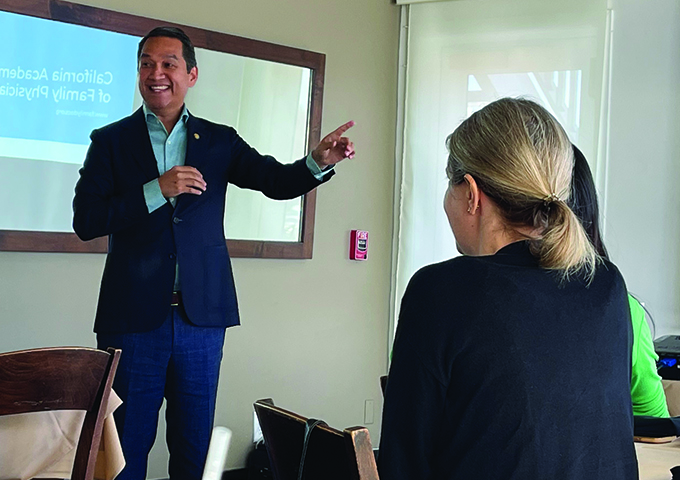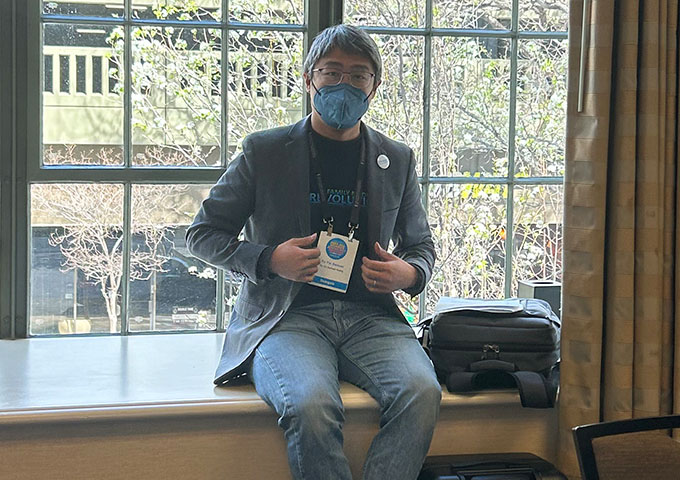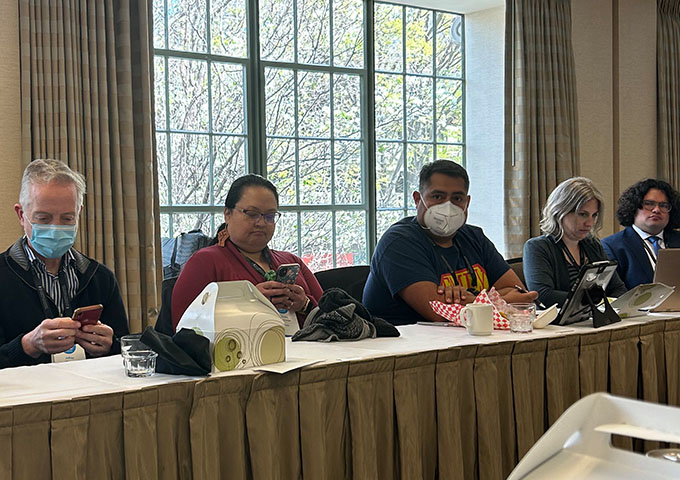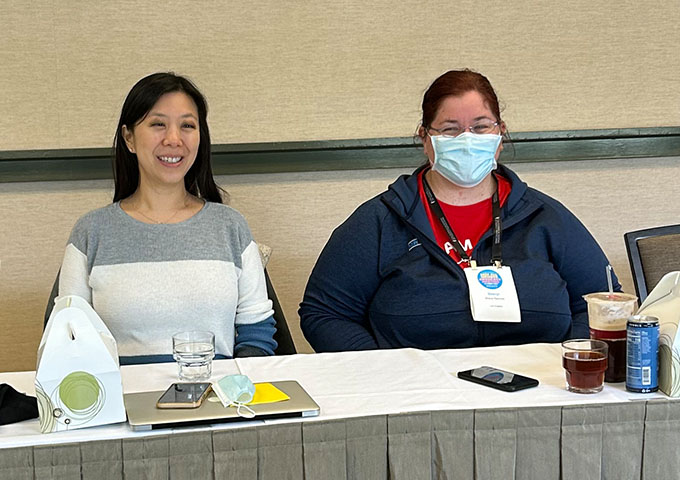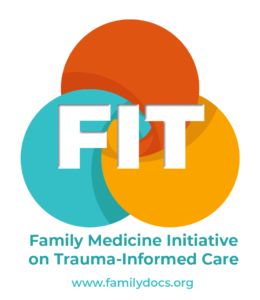
Uncertainty Abounds Regarding the Future of the ACA
While Congressional Republicans are taking steps to repeal the Affordable Care Act (ACA) by the end of the month, privately there are significant disagreements about what type of system would replace it and when it would take effect. The Senate and House have passed the fiscal year 2017 budget resolution, which does not need a Presidential signature, but instructs congressional committees to propose ACA repeal by January 27. Concerns regarding how insurers will react to uncertainty in the market, the number of people who could lose their insurance and the effect a repeal could have on the national budget are some of the main issues being discussed. Many are pushing for a transition plan taking place over several years. CAFP’s Legislative Affairs Committee is currently reviewing the provisions of the ACA to determine which sections must be protected and continued in any new health system reform proposal and which the California legislature should consider for duplication at the state level. A full rundown of the many different possibilities, questions and options facing Congress can be found here.
Drug Prices Skyrocket
CVS has a new generic version of EpiPen selling for $110 a 2-pack, compared to the brand name’s $600 charge. This is one of a series of publicized skyrocketing price hikes by “Big Pharma” companies for life-saving drugs, to be paid for by consumers, insurance companies and taxpayers.
Recreational Cannabis Legal
With recreational cannabis being legalized in California and states around the country, most cannabis research is still illegal on the federal level. Criteria for impaired driving have not been defined. Clinicians need to separate cannabis for medical versus recreational purposes and be prepared to discuss these issues with patients, and to influence society’s direction on policies.
Governor Proposes Budget That Cuts GME Funds
Governor Jerry Brown released his $177 billion 2017-18 State Budget proposal this week, which assumes the state will be short several billion dollars in revenue compared to projections when the 2016-17 budget passed last June. Of particular note for family medicine is the Governor’s proposal to eliminate nearly $1 billion in one‑time spending that was passed as part of the 2016‑17 Budget, but to date has yet to be spent. This includes rescinding the $33.4 million appropriation from 2016‑17 (and $100 million total) that was intended to support the Song-Brown Physician Training Program which funds primary care Graduate Medical Education (GME) programs. CAFP will not let this proposal go unchallenged. This week, a joint statement was issued from our original coalition of supporters including the California Medical Association and California Health+ Advocates. This proposal and the others contained in the Governor’s budget will be debated and discussed over the next few months until a revised proposal is released in mid-May that reflects April tax receipts and the fiscal impact of any changes in policy passed by Congress and President-elect Donald Trump. A final budget must be passed by June 15.
Governor Proposes Diverting Prop 56 Funds
The California Healthcare, Research and Prevention Tobacco Tax Act of 2016 (Proposition 56), passed by the voters in November 2016, increases the tax rate on cigarettes and tobacco products, effective April 1, 2017, by $2 – from 87 cents to $2.87 per pack of cigarettes. Eighty-two percent of the funds must be transferred to the Healthcare Treatment Fund for the Department of Health Care Services, which the Governor proposes to use on “new growth in Medi‑Cal expenditures as compared to the 2016 Budget Act,” instead of the intent many stakeholders had to use it to increase access to care by creating sustainable Medi-Cal provider payment rates. CAFP strongly supported Prop 56 and will push legislators and the Governor to use the revenue as intended.





